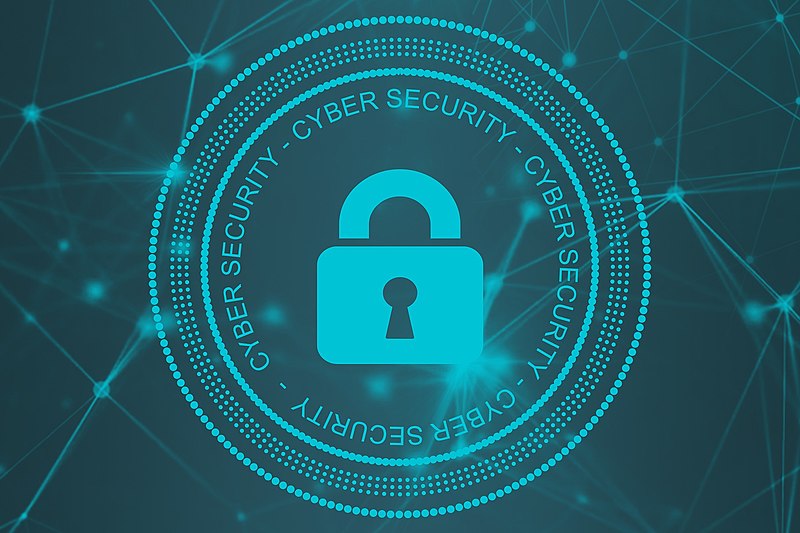The increase in the number of smartphones and other mobile devices inside North Korea has led to a rise in cybercrime, with even high-ranking officials at major organizations falling prey to hacking operations, Daily NK has learned.
“The Telecommunications Bureau and the Radio Wave Regulatory Bureau at the Ministry of State Security released a joint first quarter report that lists instances of workers at state agencies responsible for telecommunications and regulation of radio waves – at both the regional and central level – engaging in hacking or developing and distributing illegal programs for hacking or circumventing firewalls,” a reporting partner inside North Korea told Daily NK on Tuesday, speaking on condition of anonymity due to security concerns.
That the two agencies released the new report suggests that hacking and other kinds of cybercrime are occurring with some regularity inside North Korea.
“Tech workers at Bureau No. 10 and the Telecommunications Bureau at the Ministry of State Security, along with the military’s security bureau, have taken advantage of their authority to conduct surveillance operations and maliciously wiretapped and hacked individuals and organizations without official permission with a view to dig up secrets and create confusion,” the reporting partner said.
According to the reporting partner, tech divisions at North Korean organizations secretly hack into individuals and organizations on orders from the government. But tech workers and other experts sometimes also take money from private individuals to carry out secret hacking jobs.
The report lists the names, genders, ages, workplace positions or military titles, academic background and career information for everyone who committed illegal hacking or other crimes. It cites some 400 incidents in which such individuals acquired secrets, sent spam or stole personal information. The report also lists their criminal motives, which include simple curiosity and personal requests, the reporting partner said.

He also explained that the report lists examples of people who fell victim to hacking, mentioning officials at the National Committee for Conferring Degrees and Academic Positions, the Pyongyang Maternity Hospital and the Kim Il Sung University of Politics; the head of the Supreme Command’s military band; and the director of the Third Division of the Supreme Guard Command, who is in charge of protecting the homes of Central Committee secretaries, military commanders and distinguished soldiers.
“The relative of a senior official had linked a foreign currency card to a mobile phone and used that to put USD 1,000 on a foreign currency store app. But the money on the app either disappeared or was used for purchases without their knowledge. In addition, private videos of a senior member of the Pyongyang branch of the Workers’ Party were stolen and then sold at a market in Songsin, Sadong District,” the reporting partner said.
“[The hackers] used expensive [hacking] programs to perpetrated these acts on behalf of individuals. Even ordinary people can ask for [another person to be hacked] if they know someone who has learned hacking techniques and is capable of accessing the government’s telecommunications servers.”
The North Korean authorities are struggling to prevent hacking and other forms of cybercrime, the reporting partner claimed.
“The Ministry of State Security is the agency responsible for investigating these issues, but it hasn’t taken the initiative to prevent them from happening. Whenever something blows up, the agency works with local security organizations and technical regulators to put out the fire in a belated fashion.
“Individuals being investigated by the Ministry of State Security and the military’s security bureau were arrested last year and sentenced to life in prison. In addition, a captain in the Telecommunications Bureau at the Ministry of State Security, a senior lieutenant at the Radio Regulatory Division in Bureau No. 10, and three researchers in telecommunications and the social sciences were sent to a political prison camp without a trial.”
Currently, North Korea has no legislation in place to protect people’s personal information or prevent cybercrimes. Daily NK reported in January of this year, however, that the country’s top university is analyzing various kinds of cybercrimes and conducting research on cybercrime prevention measures from technical and legal perspectives.
Translated by David Carruth. Edited by Robert Lauler.
Daily NK works with a network of reporting partners who live inside North Korea. Their identities remain anonymous due to security concerns. More information about Daily NK’s reporting partner network and information gathering activities can be found on our FAQ page here.
Please direct any comments or questions about this article to dailynkenglish@uni-media.net.



















